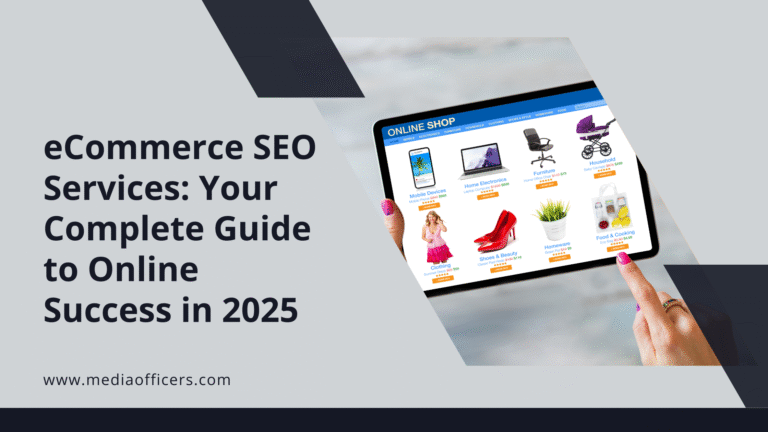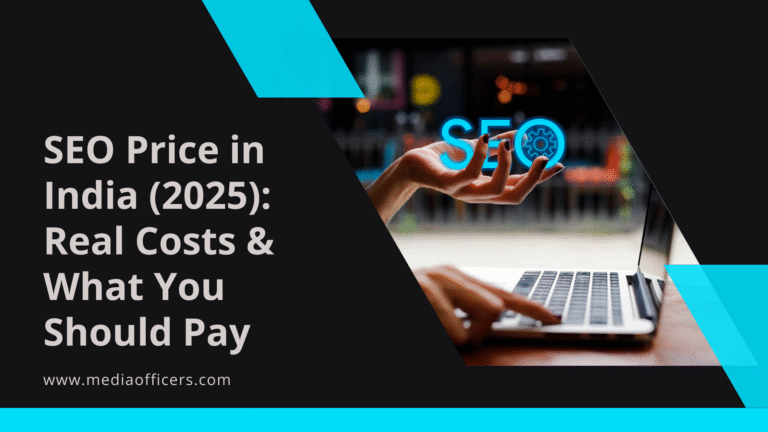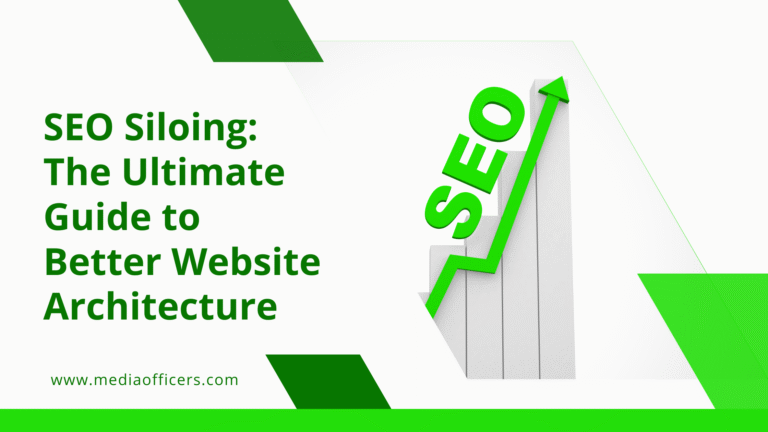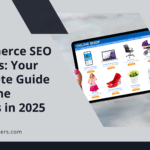|
Getting your Trinity Audio player ready... |
Shopify is one of the most popular eCommerce platforms in the world, making it easy for businesses to set up an online store and start selling products. However, having a beautiful Shopify store is not enough; you need to make sure people can find it. That’s where Shopify SEO services come in. Optimizing your Shopify store for search engines is essential for driving organic traffic and growing your sales. This guide will cover everything you need to know about Shopify SEO, why it’s important, and how to implement effective SEO strategies.
Table of Contents
ToggleWhat are Shopify SEO Services?
Shopify SEO services are specialized optimization strategies that help your Shopify store rank higher in search engine results pages (SERPs). They encompass a range of activities designed to improve the visibility of your Shopify store, enhance its user experience, and attract more organic traffic. SEO services for Shopify include:
- Keyword Research: Identifying the most relevant and high-converting keywords for your store.
- On-Page Optimization: Improving your product pages, collections, and content to align with SEO best practices.
- Technical SEO: Optimizing your store’s architecture and backend for faster loading times, mobile-friendliness, and better indexing by search engines.
- Content Marketing: Creating SEO-friendly blog content to drive organic traffic.
- Link Building: Acquiring high-quality backlinks to boost your domain authority and improve rankings.

Why Do You Need Shopify SEO Services?
As a Shopify store owner, you’re likely competing against many other online stores in your niche. Without a strong SEO strategy, it will be difficult to stand out and attract customers. Here’s why Shopify SEO services are crucial for your business:
- Increased Organic Traffic: SEO drives high-quality, long-term organic traffic to your store. Instead of relying solely on paid ads, SEO allows customers to find you naturally through search engines like Google.
- Higher Conversion Rates: Optimized SEO improves the overall user experience of your site, making it easier for potential customers to navigate, find products, and make purchases.
- Cost-Effective Marketing: While paid ads can generate immediate traffic, SEO offers long-term, sustainable growth without recurring costs. Once you rank higher in search engines, you’ll continue to receive traffic without paying for clicks.
- Boost in Sales and Revenue: As more customers discover your Shopify store through organic search, your sales and revenue will naturally increase.
- Better Visibility: With the right SEO strategy, your Shopify store can outrank competitors, especially for niche products and services, increasing your visibility and authority.
Key Shopify SEO Services for Improving Your Store’s Rankings
Here are the essential Shopify SEO services to help your store climb the search engine rankings and drive organic traffic:
1. Keyword Research and Strategy
Keyword research is the backbone of any successful SEO strategy. To optimize your Shopify store, you need to identify the right keywords that potential customers are searching for. Consider:
- Product-Specific Keywords: Focus on long-tail keywords that describe your products in detail. For example, instead of targeting “shoes,” you could target “vegan leather shoes for women.”
- Transactional Keywords: These are keywords with a high intent to purchase, such as “buy running shoes online” or “affordable men’s jackets.”
- Competitive Analysis: Analyze which keywords your competitors are ranking for and how you can target those or find gaps in the market.
A comprehensive keyword strategy will help you structure your store and content to match what people are searching for.
2. On-Page Optimization for Shopify
On-page SEO refers to optimizing the elements of your Shopify store that you have direct control over. Key areas for on-page Shopify SEO include:
- Title Tags: Make sure each page has a unique, keyword-rich title tag. This is what will appear in search results, so it needs to be both optimized and enticing.
- Example: “Affordable Vegan Leather Shoes for Women | [Your Store Name]”
- Meta Descriptions: Write compelling meta descriptions for each page, incorporating relevant keywords. This doesn’t directly impact rankings but influences click-through rates.
- Example: “Shop our collection of eco-friendly, vegan leather shoes for women. Free shipping on all orders!”
- Header Tags (H1, H2, H3): Properly structure your pages using header tags to organize content. Use your primary keyword in the H1 (main heading) and related keywords in H2 and H3 subheadings.
- Alt Text for Images: Add descriptive alt text to all product images, incorporating relevant keywords. This helps search engines index your images and improves accessibility.
- Product Descriptions: Write unique, keyword-rich product descriptions that engage customers and help search engines understand what you’re selling.
- Internal Linking: Use internal links to connect relevant pages and collections within your store. This helps both users and search engines discover more of your content.

3. Technical SEO for Shopify
Technical SEO is crucial for ensuring that search engines can effectively crawl, index, and rank your site. Key technical SEO elements include:
- Site Speed Optimization: Page speed is a critical ranking factor. Ensure your Shopify store loads quickly by optimizing image sizes, enabling browser caching, and using a fast hosting provider.
- Mobile-Friendliness: Ensure your Shopify store is fully responsive, meaning it works well on mobile devices. A large percentage of online shopping is done on mobile, and Google prioritizes mobile-friendly sites.
- URL Structure: Shopify automatically generates URLs for your products and collections, but you can optimize these URLs to include your target keywords.
- Example:
www.example.com/products/vegan-leather-shoes-women
- Example:
- XML Sitemap: Create and submit an XML sitemap to Google Search Console to ensure all your pages are indexed properly.
- 404 Error Handling: Ensure that broken links are redirected using 301 redirects to avoid 404 errors, which can negatively impact your SEO.
4. Content Marketing and Blogging
A robust content strategy is essential for long-term SEO success. Shopify offers a built-in blog feature, which you can use to publish valuable, keyword-rich content. Blogging helps in several ways:
- Target Long-Tail Keywords: Create blog posts targeting specific long-tail keywords that your customers are searching for.
- Example: “How to Choose the Best Vegan Leather Shoes for Any Occasion.”
- Drive Traffic: Regularly publishing blog content keeps your website fresh and encourages visitors to return.
- Establish Authority: Publishing informative and high-quality blog posts establishes your brand as an authority in your niche, leading to higher rankings and more trust from customers.

5. Shopify Link Building
Building a strong backlink profile is an essential part of any SEO strategy. Backlinks from authoritative websites signal to search engines that your Shopify store is reputable and trustworthy. Some link-building tactics include:
- Guest Blogging: Write guest posts for other websites in your niche, including a link back to your Shopify store.
- Influencer Partnerships: Collaborate with influencers to review your products or feature your store on their website or social media platforms.
- Press Coverage: Get your store featured in relevant media outlets or industry publications to build authority and gain valuable backlinks.

6. Shopify SEO Audit and Ongoing Monitoring
Regularly auditing your Shopify store’s SEO performance is key to ensuring continued success. A professional Shopify SEO service will conduct audits to:
- Identify SEO issues: Find and fix any technical issues, broken links, or areas that need improvement.
- Track Keyword Rankings: Monitor your target keywords to see how your store is ranking and identify opportunities for improvement.
- Analyze Competitor Performance: Compare your store’s SEO performance with competitors to find out where you can improve.
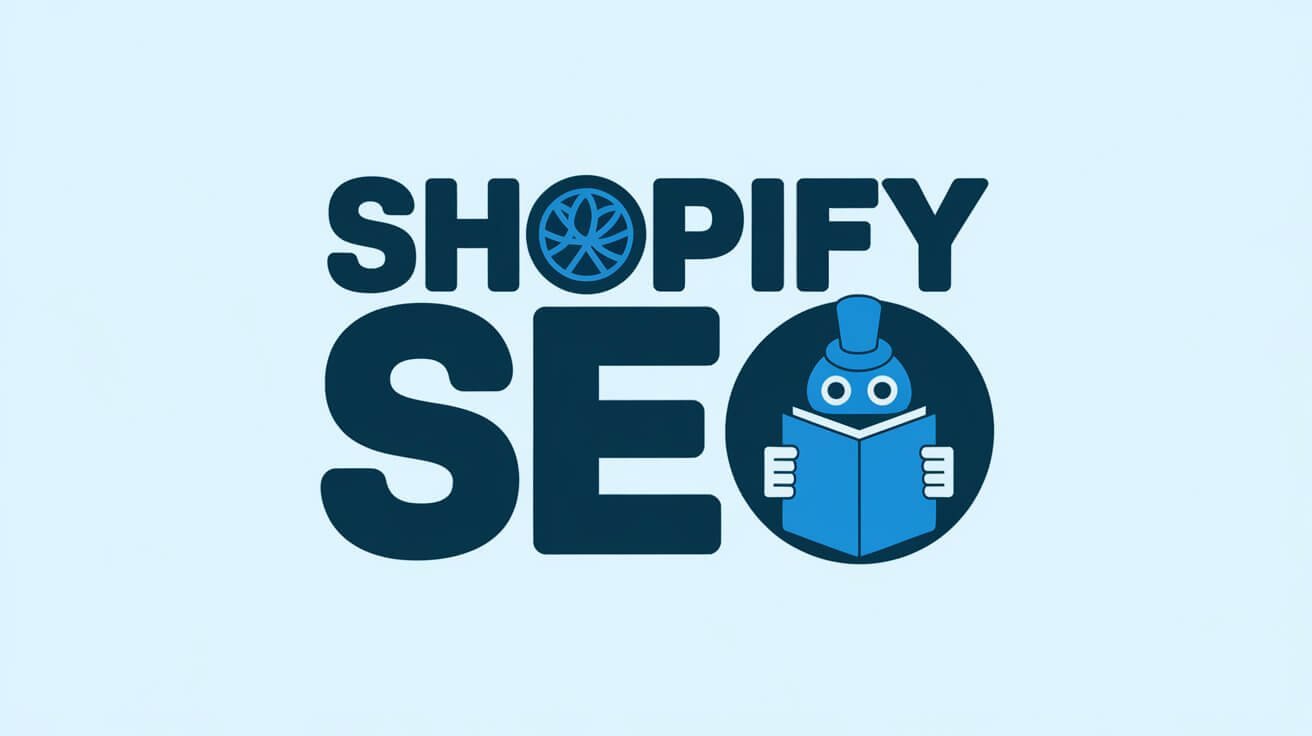
How to Choose the Right Shopify SEO Services
Choosing the right SEO service provider for your Shopify store can make all the difference in your store’s success. Here’s what to consider:
- Experience with Shopify: The SEO provider should have specific experience optimizing Shopify stores.
- Proven Results: Ask for case studies or examples of how they’ve helped other Shopify businesses improve their SEO and rankings.
- Transparent Pricing: Be clear about the pricing structure and ensure there are no hidden fees.
- Customized Strategy: Look for a service provider that offers a tailored SEO strategy based on your specific business goals, products, and target audience.
- Ongoing Support: SEO is not a one-time task. Ensure the service includes ongoing monitoring, reporting, and adjustments to your SEO strategy.
Conclusion
In 2024, Shopify SEO services are crucial for ensuring that your online store stands out in an increasingly competitive eCommerce landscape. From keyword research and on-page optimization to technical SEO and content marketing, a well-rounded SEO strategy will drive more organic traffic, improve conversions, and ultimately boost sales.
By partnering with an experienced Shopify SEO service provider, you can focus on growing your business while experts ensure your store reaches its full potential in search engine rankings.
Rudhrah Keshav
Rudhrah Keshav is a digital growth strategist and the visionary behind MediaOfficers, a results-focused agency specializing in SEO, website development, and online marketing. With a sharp eye for innovation and a deep understanding of digital ecosystems, Rudhrah helps brands build strong online foundations and scale sustainably.
His mission is simple: empower 1,000+ businesses every year with actionable strategies, cutting-edge tools, and powerful content that drives traffic, engagement, and revenue. Whether it's ranking websites on Google or crafting conversion-optimized user experiences, Rudhrah blends creativity with data to deliver measurable results.
💡 “I don’t just build websites—I build digital assets that work for you 24/7.”
📬 Connect with Rudhrah at mediaofficers.com


